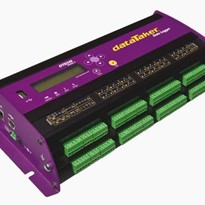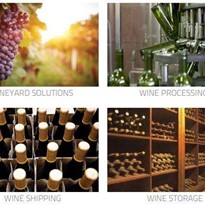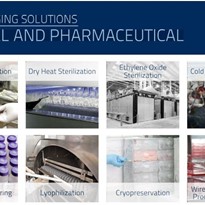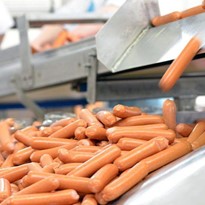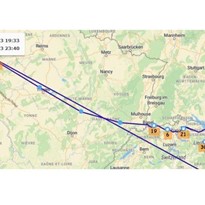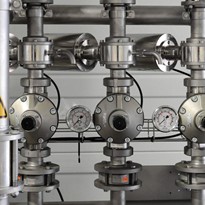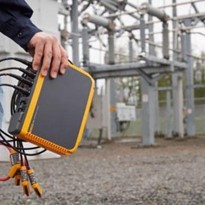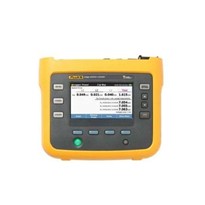They come in all shapes, sizes, types and designs. Collectively, they gather a very broad range of data, including humidity, temperature, pH level, voltage, shock, water level, pressure, motion, carbon dioxide levels and much more.
Advantages
Unlike a thermometer, litmus paper strip or voltage meter, a data logger archives potentially thousands of readings to facilitate long-term trend analysis and review of historical data. This means information from data loggers doesn’t just quantify what is going on in an environment, it creates a timestamped narrative that can be used to validate a process, improve efficiency or demonstrate compliance.
Who needs data loggers?
While data loggers can be useful in almost any setting, they are essential in industries that require regulatory compliance or depend on tight process control.
Food processing facilities, museums and art galleries and many medical settings are commonly equipped with data loggers, as are a variety of scientific laboratories and research centres. Without data loggers, it would be much more difficult for many professionals to do their jobs.
Top 10 Data Logger Users
- HACCP Coordinators/Consultants
- Scientists/Researchers
- Pharmacists
- Hospital Staff
- Sterilization Technicians
- Equipment Engineers
- Quality Assurance Technicians
- Compliance Officers
- Health & Building Inspectors
- Facilities Managers
Why are they necessary?
People need data loggers because food spoils, machinery fails and the advancement of science relies on precision measurement. Through control and verification of environmental conditions, data logger users can combat these challenges with equipment and process validation. Historically, monitoring has been completed using chart recorders or by manually taking measurements. Data loggers not only create a reliable, streamlined process and electronic records for regulatory requirements, they also require less manpower, fostering efficiency in the workplace
Automated data collection is used to...
- Verify equipment is operating as intended
- Prevent product loss or spoilage
- Validate scientific findings or results
- Provide quality control for manufactured products
- Demonstrate regulatory compliance
Where do data loggers go?
The answer to that question will be determined by your industry and facility type. Data loggers are deployed at crucial control points to support scientific research, manufacturing processes and every step of the food chain.
The meat processing plant pictured below is packed with data loggers that provide process control and demonstrate regulatory compliance. Read the corresponding number to see each logger’s role in the facility
- Environmental Temperature Logger: Monitors ambient facility conditions
- Internal Temperature Loggers: Create cradle-to-truck compliance profile
- Environmental Humidity Logger: Monitor humidity to inhibit spoilage
- Oven Profiling Loggers: Confirm even heat distribution inside oven
- Data Logger Software: Allows for remote monitoring of data
How do data loggers work?
Inside every data logger is an intricate circuit board that includes memory storage and sensors as well as a battery for deployment without the need for AC power. Different logger models are designed to measure a wide variety of parameters and ranges and be exposed to various environmental conditions.
Data loggers typically work hand in hand with their manufacturer’s software. Generally, users can control and configure the data loggers from within the software including setting reading rates, alarm thresholds and delayed start and stop functionalities.
Once data has been collected, data logger software allows users to view the data in a variety of different formats including statistic, graphic and tabular views. Workflows can be set up to automatically download data, create reports and save reports in specific folders to keep records organized for effortless compliance.


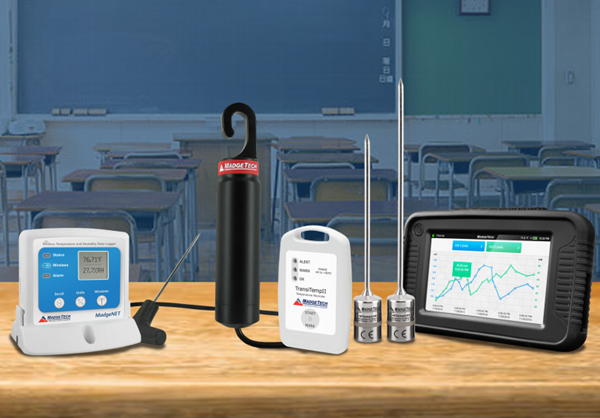

-160x160-state_article-rel-cat.png)






-160x160-state_article-rel-cat.png)


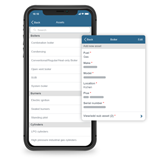


-160x160-state_article-rel-cat.png)



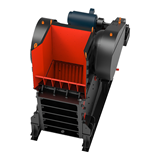
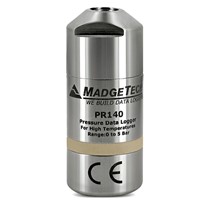
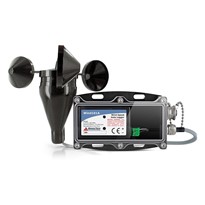
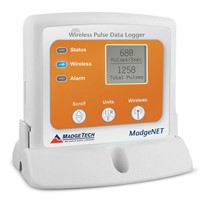
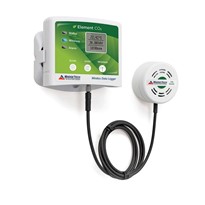
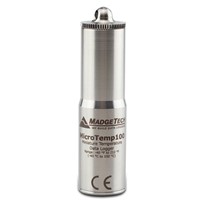
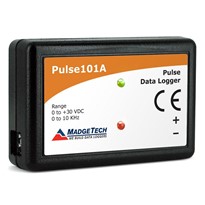
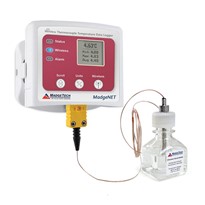
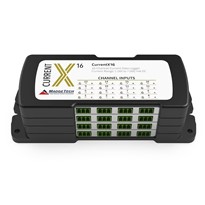
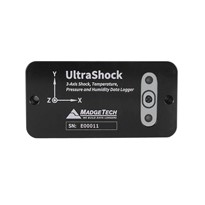
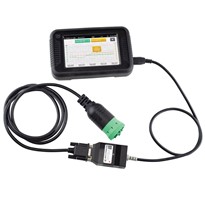
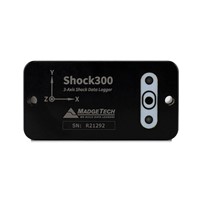
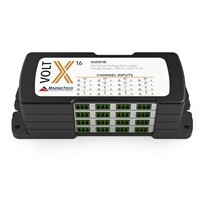
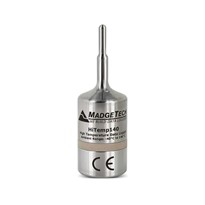
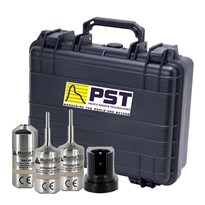
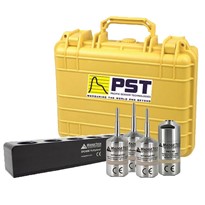
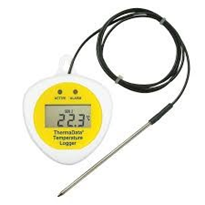
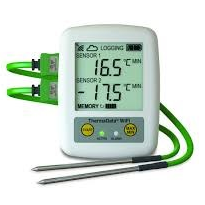
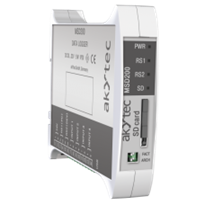
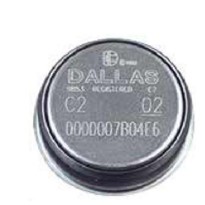
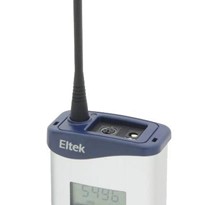
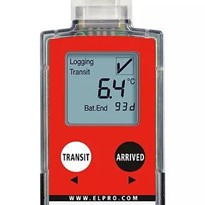
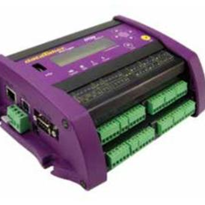
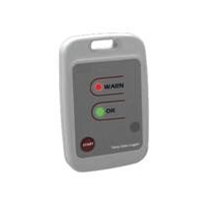
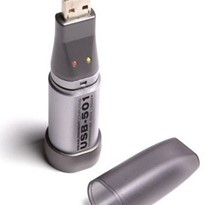
-205x205.jpg)
